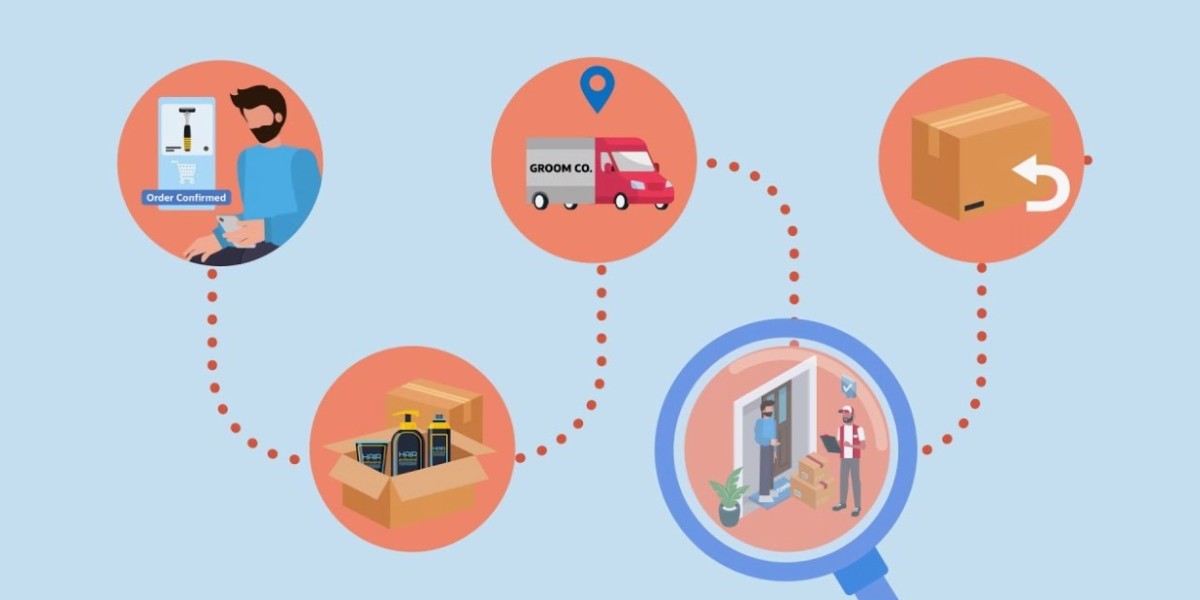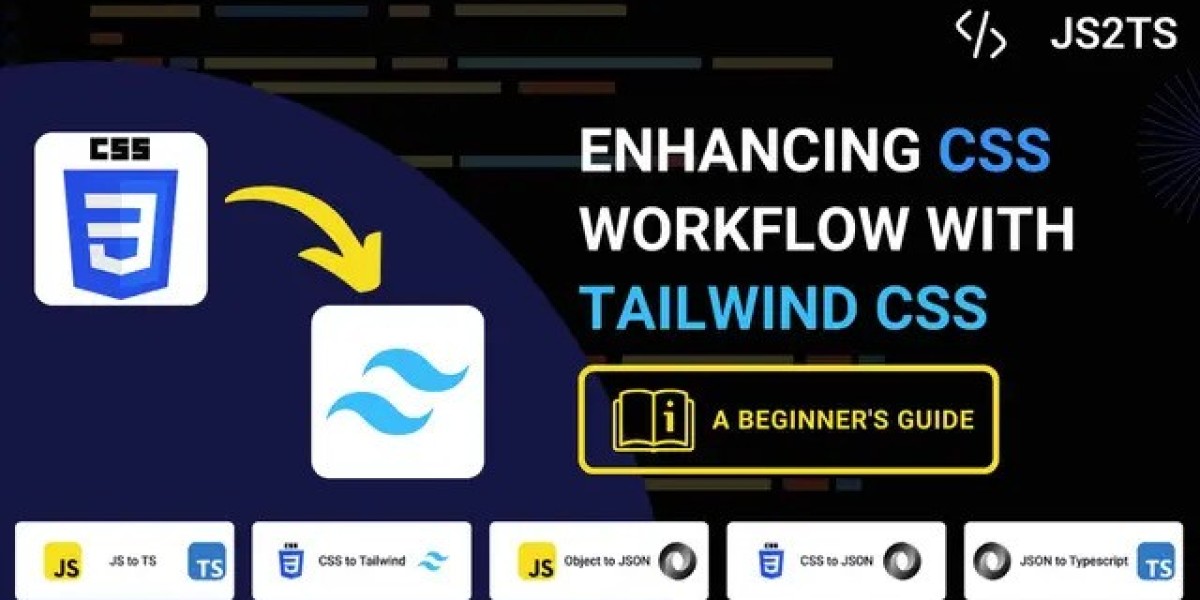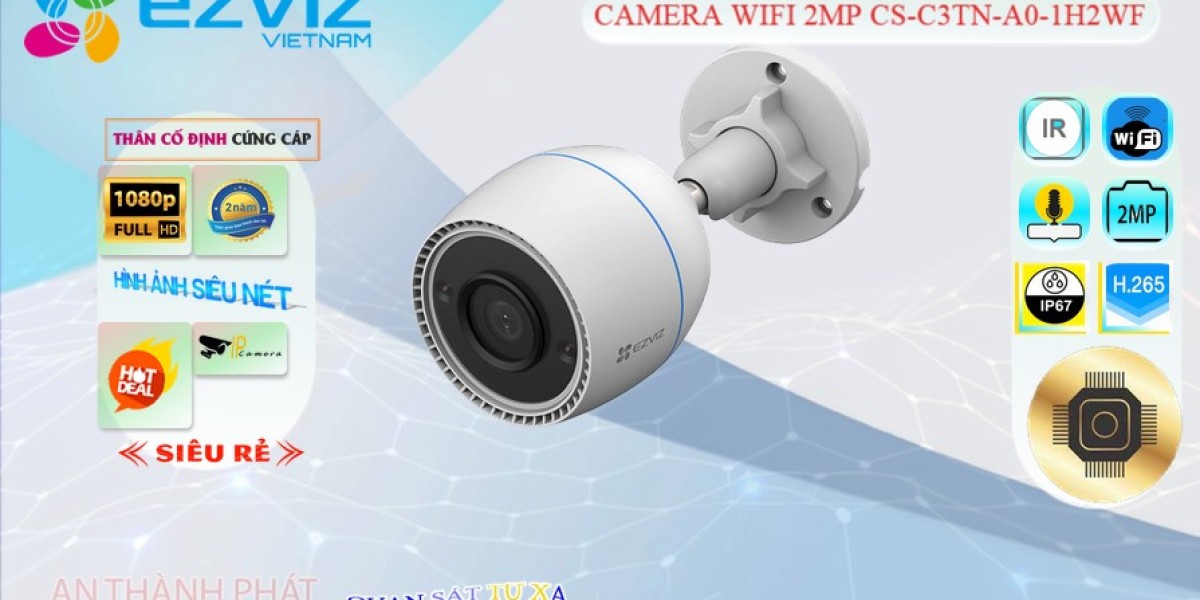The world of ecommerce is booming, with more businesses going online than ever before. However, as the demand for online shopping increases, so does the need for efficient ecommerce fulfillment solutions. Proper ecommerce fulfillment can make or break a business, affecting customer satisfaction, brand reputation, and overall profitability. In this comprehensive guide, we'll explore the essentials of ecommerce fulfillment, various fulfillment services, and how to choose the best solution for your business.
Understanding Ecommerce Fulfillment
Ecommerce fulfillment encompasses the entire process of receiving, processing, and delivering online orders to customers. It involves several key steps, including inventory management, order processing, packaging, shipping, and handling returns. Efficient ecommerce fulfillment ensures that customers receive their orders accurately and promptly, enhancing their shopping experience and fostering loyalty.
Key Components of Ecommerce Fulfillment Solutions
Inventory Management
Effective inventory management is the backbone of any ecommerce fulfillment strategy. It involves tracking stock levels, managing storage, and ensuring that products are readily available for order fulfillment. Here are some essential practices for inventory management:
Real-time Inventory Tracking: Use software solutions to monitor stock levels in real-time, reducing the risk of overselling or stockouts.
Regular Audits: Conduct regular inventory audits to ensure accuracy and identify discrepancies.
Demand Forecasting: Utilize historical sales data to predict future demand and adjust inventory levels accordingly.
Order Processing
Order processing is the phase where received orders are picked, packed, and prepared for shipment. Efficient order processing ensures quick turnaround times and accurate order fulfillment. Key practices include:
Automated Order Management Systems: Implement systems that automate order processing, reducing manual errors and speeding up the process.
Efficient Picking Strategies: Use techniques like batch picking or zone picking to streamline the picking process.
Quality Control: Establish quality control measures to verify the accuracy of orders before they are shipped.
Packaging and Shipping
Proper packaging and shipping are crucial for protecting products during transit and ensuring they reach customers in perfect condition. Key considerations include:
Appropriate Packaging Materials: Use materials that provide adequate protection while minimizing costs and environmental impact.
Shipping Partnerships: Partner with reliable carriers to ensure timely delivery and negotiate favorable shipping rates.
Shipping Software: Utilize shipping software to compare carrier rates, print labels, and track shipments.
Types of Ecommerce Fulfillment Services
There are various ecommerce fulfillment services available to businesses, each offering distinct advantages. Choosing the right fulfillment service depends on your business needs, scale, and budget. Here are the primary types of fulfillment services:
In-house Fulfillment
In-house fulfillment involves managing the entire fulfillment process internally, from inventory storage to order processing and shipping. This approach provides complete control over the fulfillment process but requires significant investment in infrastructure and resources. It is suitable for businesses with the capacity to handle their fulfillment needs and a desire for greater control over their operations.
Advantages:
Full control over the fulfillment process.
Direct oversight of inventory and quality control.
Potential for cost savings on fulfillment fees.
Disadvantages:
High initial investment in infrastructure and staff.
Complex logistics management.
Limited scalability.
Third-party Logistics (3PL)
Third-party logistics providers (3PLs) offer comprehensive fulfillment services, managing everything from warehousing to shipping on behalf of businesses. 3PLs are ideal for businesses looking to outsource their fulfillment needs and focus on core operations.
Advantages:
Expertise in logistics and fulfillment.
Scalability to accommodate business growth.
Reduced burden of managing fulfillment infrastructure.
Disadvantages:
Less control over the fulfillment process.
Potential for higher costs compared to in-house fulfillment.
Dependency on the 3PL's performance.
Dropshipping
Dropshipping is a fulfillment method where businesses sell products without holding inventory. When an order is placed, the supplier ships the product directly to the customer. Dropshipping is popular among ecommerce startups due to its low overhead costs and minimal risk.
Advantages:
Low upfront investment.
No need to manage inventory or handle shipping.
Wide product selection from various suppliers.
Disadvantages:
Lower profit margins due to supplier fees.
Limited control over product quality and shipping times.
Reliance on supplier reliability.
Choosing the Right Ecommerce Fulfillment Solution
Selecting the best ecommerce fulfillment solution for your business involves evaluating your specific needs, budget, and growth potential. Here are some factors to consider:
Business Size and Order Volume
Consider your current order volume and projected growth. Small businesses with low order volumes might benefit from in-house fulfillment or dropshipping, while larger businesses with higher volumes may require the scalability of a 3PL.
Product Type and Handling Requirements
Different products have unique handling and storage requirements. Ensure the fulfillment solution you choose can accommodate your product specifications, such as temperature-sensitive items or fragile goods.
Customer Expectations
Customer expectations regarding delivery speed and accuracy are higher than ever. Choose a fulfillment solution that can meet or exceed these expectations to enhance customer satisfaction and loyalty.
Cost and Budget
Evaluate the costs associated with each fulfillment option, including storage fees, shipping costs, and fulfillment fees. Compare these costs against your budget to determine the most cost-effective solution.
Benefits of Efficient Ecommerce Fulfillment
Investing in efficient ecommerce fulfillment solutions offers numerous benefits that can significantly impact your business's success. Here are some key advantages:
Improved Customer Satisfaction: Timely and accurate order fulfillment enhances customer satisfaction, leading to repeat business and positive reviews.
Increased Operational Efficiency: Streamlined fulfillment processes reduce errors and operational bottlenecks, improving overall efficiency.
Scalability: Effective fulfillment solutions can scale with your business, accommodating growth and seasonal demand fluctuations.
Competitive Advantage: Superior fulfillment capabilities can set your business apart from competitors, attracting more customers and driving sales.
Conclusion
Mastering ecommerce fulfillment solutions is essential for any online business aiming to succeed in a competitive market. By understanding the key components of ecommerce fulfillment, exploring various fulfillment services, and choosing the right solution for your business, you can enhance customer satisfaction, streamline operations, and drive growth. Whether you opt for in-house fulfillment, partner with a 3PL, or explore dropshipping, efficient fulfillment is the cornerstone of a successful ecommerce strategy. Invest in the right fulfillment solutions today to unlock your business's full potential and thrive in the dynamic world of ecommerce.








